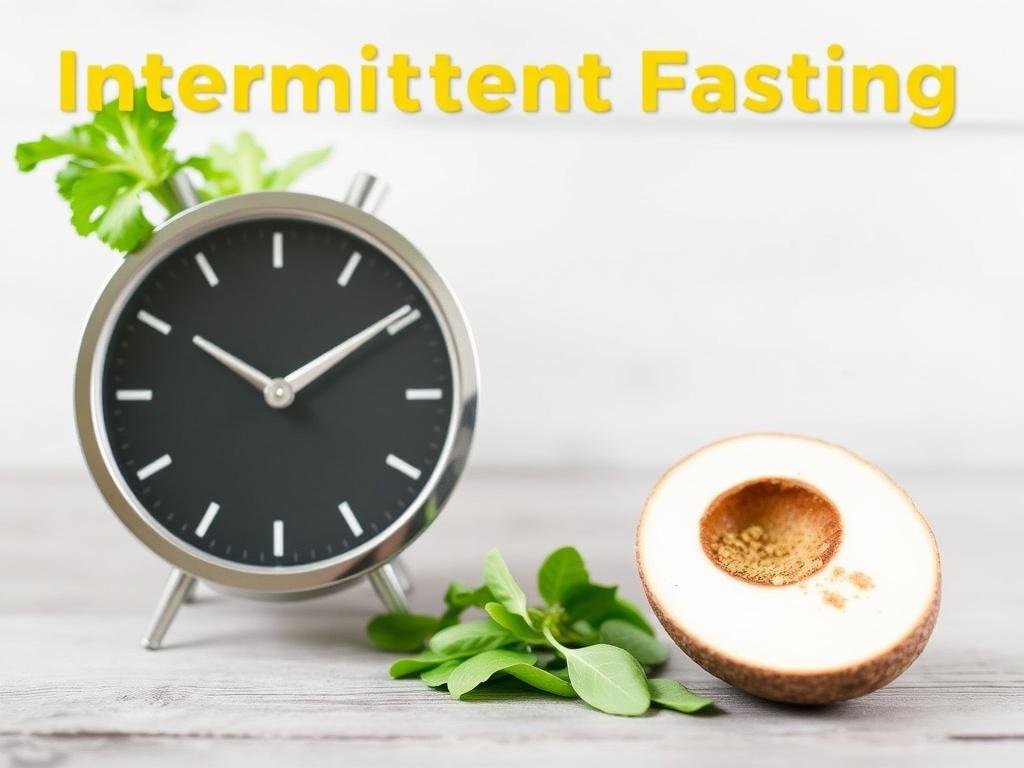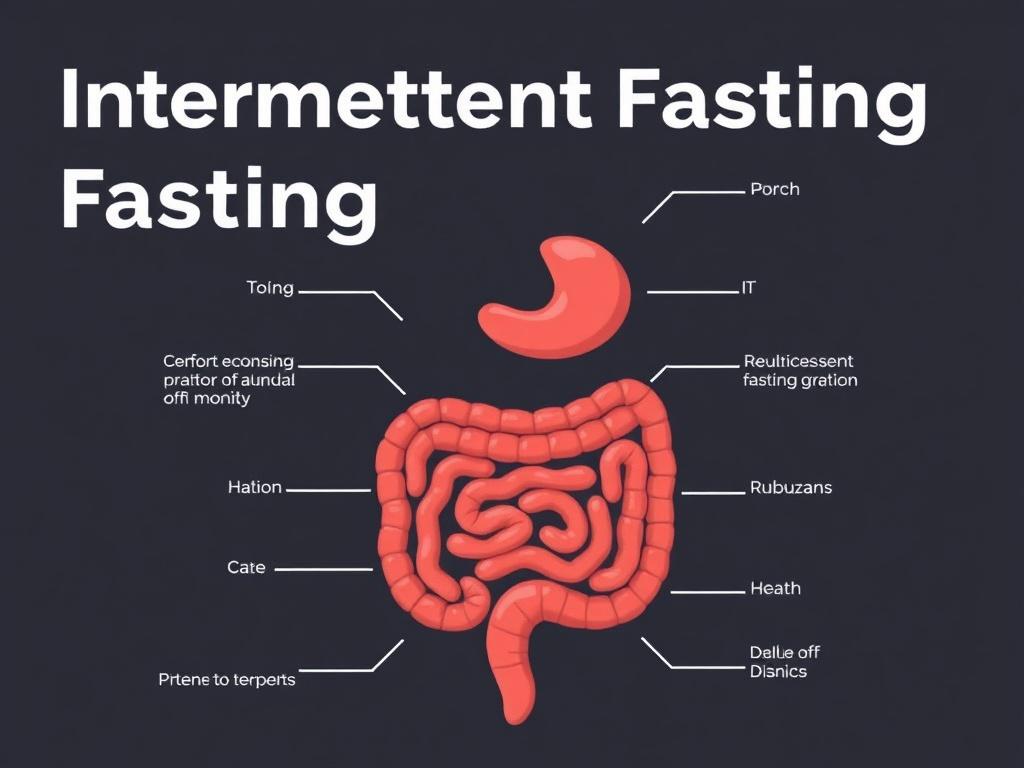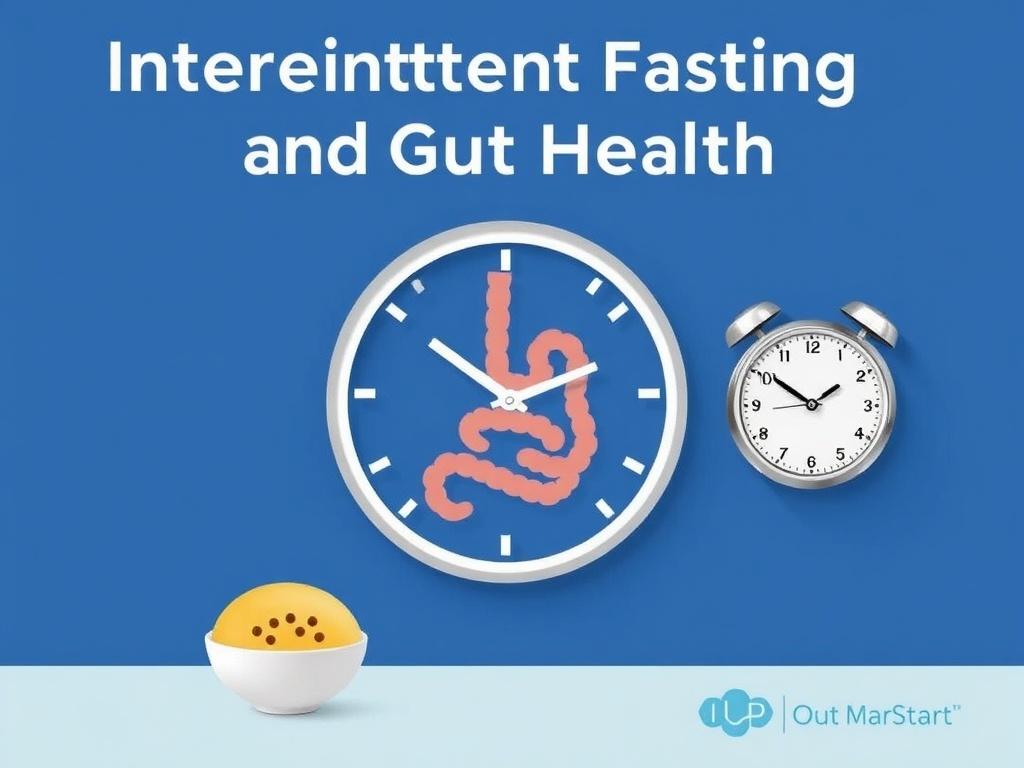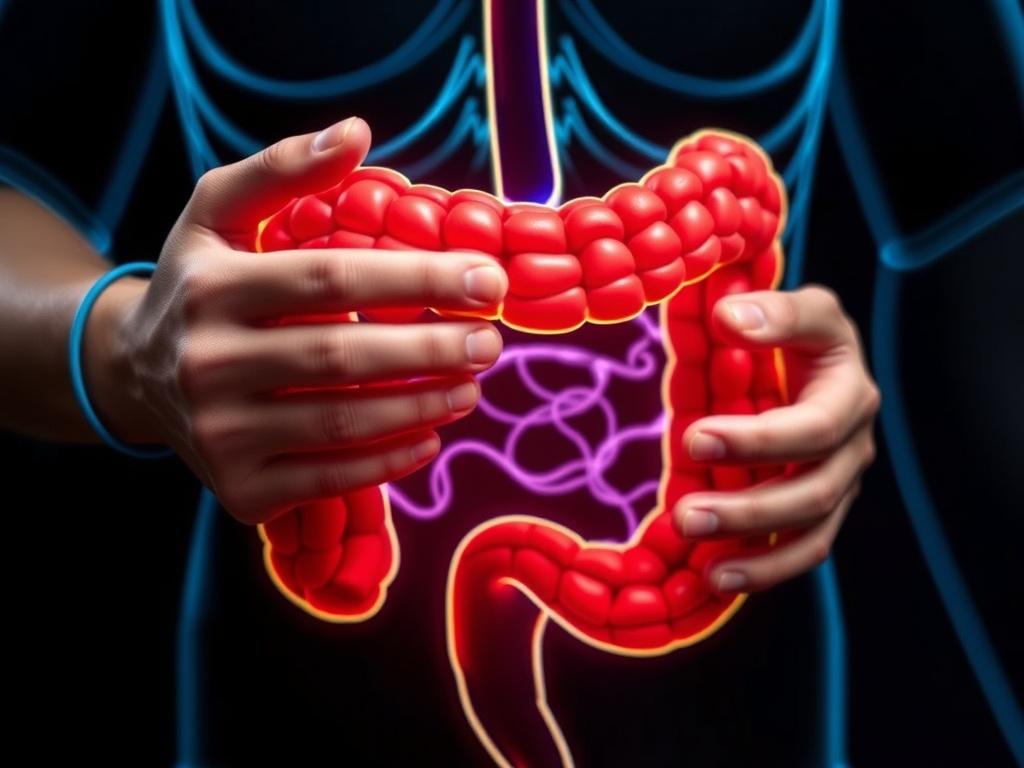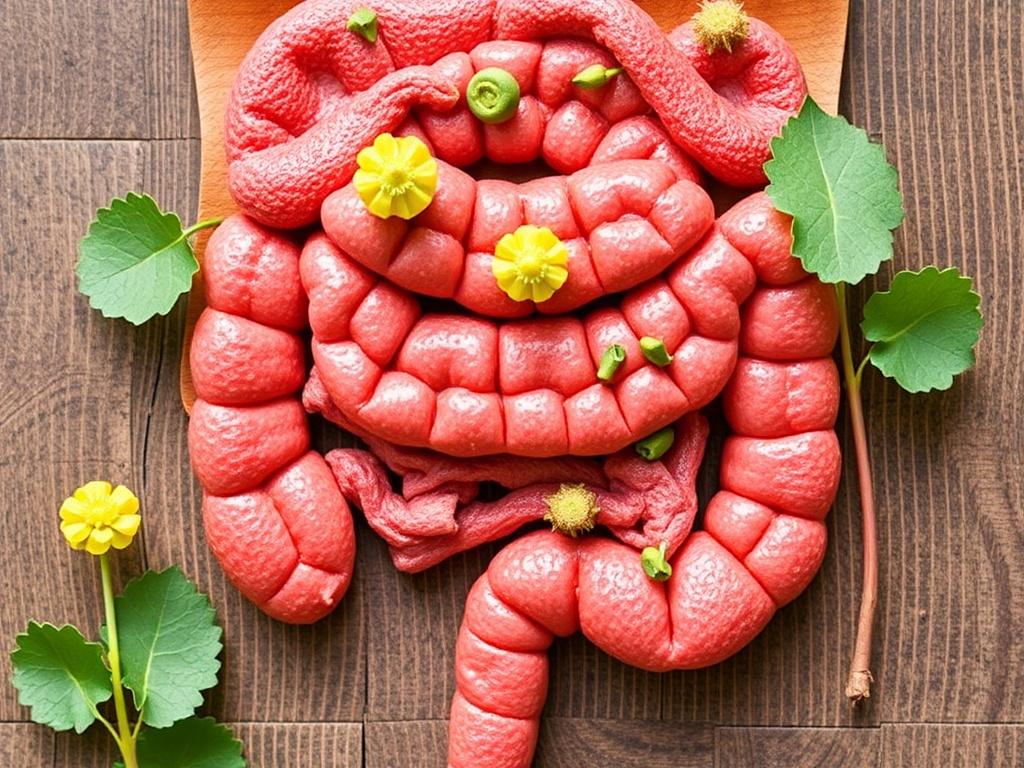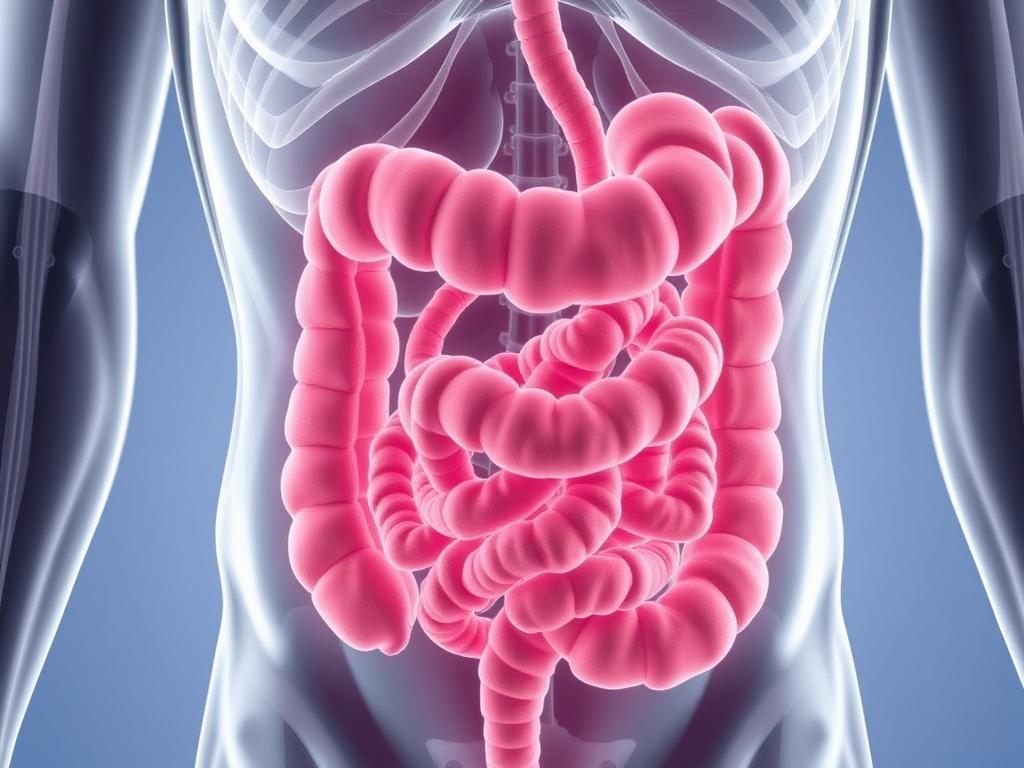Intermittent fasting has become one of the hottest health trends in recent years, celebrated for promoting weight loss, improving metabolism, and even extending lifespan. But beyond these well-known benefits, many people are starting to uncover a fascinating connection: intermittent fasting and gut health. Your gut is not just a simple digestive tube—it’s a complex ecosystem home to trillions of microbes that profoundly influence your overall health. Understanding how intermittent fasting impacts this microbiome can shed light on new strategies for improving digestion, immunity, and well-being.
When we talk about gut health, we’re referring to the balance and function of the gut microbiota, the lining of the intestines, and how they process food, absorb nutrients, and communicate with the rest of our body. Intermittent fasting, with its structured periods of eating and abstaining from food, can influence this ecosystem in powerful ways. From reducing inflammation to enhancing microbial diversity, the interplay between fasting and gut health offers exciting potential for anyone looking to optimize their digestive system naturally.
What is Intermittent Fasting?
Intermittent fasting (IF) is an eating pattern that alternates between periods of eating and fasting. Unlike traditional diets that focus on what to eat, IF focuses on when to eat. There are several common methods, including:
- 16/8 method: Fast for 16 hours each day and eat during an 8-hour window.
- 5:2 diet: Eat normally five days a week and restrict calories to about 500-600 on two non-consecutive days.
- Eat-Stop-Eat: Fast for 24 hours once or twice a week.
- Alternate-day fasting: Alternate between days of normal eating and fasting or reduced calories.
Each approach can fit different lifestyles and goals, but the central idea is to give your body extended breaks from food intake. This fasting window initiates a cascade of physiological responses, including shifts in hormone levels, cellular repair, and metabolism.
Understanding Gut Health and the Microbiome
Our gut hosts a diverse community of bacteria, viruses, fungi, and other microorganisms collectively known as the gut microbiome. These tiny inhabitants help digest food, produce vitamins, regulate the immune system, and defend against harmful pathogens. A healthy gut microbiome has high diversity—meaning many different species coexist in balance.
Key components of gut health include:
| Component | Role in Gut Health |
|---|---|
| Microbial diversity | More species variety supports digestion, immunity, and gut barrier function |
| Gut barrier integrity | Prevents harmful substances from leaking into the bloodstream, reducing inflammation |
| Inflammation regulation | Balanced immune response protects gut lining from damage and disease |
| Short-chain fatty acids (SCFAs) | Produced by gut bacteria, these compounds nourish colon cells and reduce inflammation |
Poor gut health is often linked to digestive problems like irritable bowel syndrome (IBS), bloating, diarrhea, and even systemic issues such as autoimmune diseases, allergies, and mental health disorders.
How Does Intermittent Fasting Affect Gut Health?
The connection between intermittent fasting and gut health revolves around several mechanisms easily visualized when we look inside the digestive tract during fasting and feeding periods.
Resting the Gut and Reducing Inflammation
When you fast, your gut enjoys a break from constant digestion and absorption. This rest period may help reduce chronic low-level inflammation in the gut lining. Inflammation can disrupt the gut barrier and promote harmful bacteria growth, so lowering it is crucial for gut health.
Shaping Microbial Diversity and Composition
Studies have shown that fasting impacts the composition of gut bacteria. For example, fasting can increase beneficial bacteria like Akkermansia muciniphila, known for strengthening the gut lining and decreasing inflammation. It can also encourage a more diverse microbiome, which is generally linked to better health outcomes.
Boosting Short-Chain Fatty Acid Production
During fasting, certain gut bacteria shift their metabolism to produce higher amounts of short-chain fatty acids (SCFAs), such as butyrate. SCFAs serve as fuel for colon cells and have anti-inflammatory effects. This boost supports gut lining repair and can improve conditions like leaky gut syndrome.
Promoting Autophagy and Cellular Repair
While autophagy is often discussed in the context of overall cell health, it specifically supports gut epithelial cells in maintaining proper function and turnover. Intermittent fasting triggers autophagy in the gut lining, promoting repair and regeneration that enhance the barrier against pathogens and toxins.
Scientific Research on Intermittent Fasting and Gut Health
Researchers have been exploring how fasting influences gut health in both animals and humans. Here are some highlights from recent studies:
| Study | Findings |
|---|---|
| Animal models of time-restricted feeding | Increased gut microbial diversity and improved metabolic profiles; reduced gut inflammation |
| Human trials of intermittent fasting | Shift in gut microbiota composition favoring anti-inflammatory bacteria; improvements in digestive symptoms |
| Fasting and SCFA levels | Elevated butyrate levels supporting intestinal barrier and immune modulation |
| Autophagy induction studies | Enhanced cellular cleanup in gut lining cells, helping prevent deterioration and dysbiosis |
These findings, while promising, are still evolving, and researchers continue to investigate the optimal fasting schedules and durations for gut health benefits.
Practical Tips for Using Intermittent Fasting to Improve Gut Health
If you’re curious about trying intermittent fasting to support your gut health, here are some practical strategies to keep in mind:
- Choose a fasting method that fits your lifestyle. The 16/8 method is a good starting point for most people, offering a daily fasting window while still allowing flexibility.
- Focus on gut-friendly foods during your eating windows. Include high-fiber vegetables, fermented foods like yogurt and sauerkraut, and prebiotic-rich foods like garlic and onions to nourish your microbiome.
- Stay hydrated. Drink plenty of water during fasting and eating periods to support digestion and detoxification.
- Avoid overloading your gut with processed and inflammatory foods. Excess sugar, saturated fats, and artificial additives can disrupt microbial balance.
- Listen to your body. Some people may experience temporary digestive discomfort when starting IF. Adjust timing or seek professional advice if needed.
- Combine fasting with stress management. Chronic stress affects gut health, so practices like meditation and gentle exercise can enhance results.
Common Questions About Intermittent Fasting and Gut Health
Can intermittent fasting help with conditions like IBS or bloating?
While intermittent fasting is not a cure-all, many people report improvements in digestive symptoms such as bloating and irregular bowel movements. Giving your gut time to rest can reduce inflammation and promote a healthier microbiome, which may ease IBS symptoms. However, individual responses vary, and consulting with a healthcare provider is advisable.
Does fasting increase stomach acid and cause discomfort?
Some fasting beginners experience increased hunger pangs or acid reflux due to an empty stomach. Drinking water and gradually building up fasting periods can help minimize discomfort. For those prone to reflux, shorter fasting windows might be better initially.
Will fasting lead to nutrient deficiencies that harm my gut?
If done correctly, intermittent fasting should not cause nutrient deficiencies as long as your eating windows include balanced meals with adequate vitamins, minerals, and fiber. A nutrient-rich diet supports both your gut lining and microbiome during feeding phases.
Summary of the Relationship Between Intermittent Fasting and Gut Health
| Benefit | How IF Helps Gut Health |
|---|---|
| Reduced inflammation | Fasting gives the gut a rest, lowering inflammatory markers and supporting healing |
| Improved microbial diversity | Promotes growth of beneficial bacteria and a balanced microbiome |
| Enhanced gut barrier function | Supports production of SCFAs and autophagy to maintain a strong intestinal lining |
| Better metabolic health | Improves digestion and nutrient absorption, reducing gut-related metabolic disorders |
Conclusion
Intermittent fasting offers more than just a pathway to weight loss; it holds significant promise for improving gut health, a cornerstone of overall well-being. By giving your digestive system regular breaks, intermittent fasting encourages a more diverse and balanced gut microbiome, reduces inflammation, and enhances the integrity of the gut barrier. These effects can translate into better digestion, stronger immunity, and potentially lower risk of chronic diseases linked to gut dysfunction. Like any lifestyle change, it’s important to approach intermittent fasting thoughtfully—balancing your eating windows with nutrient-dense foods and paying attention to your body’s signals. As science continues to explore this fascinating connection, integrating intermittent fasting with a gut-friendly diet and mindful living may become a powerful tool for nurturing both your gut and your health for years to come.
Читайте далее:

